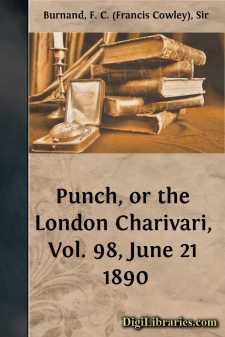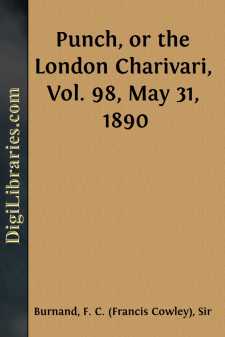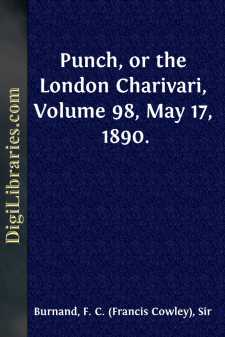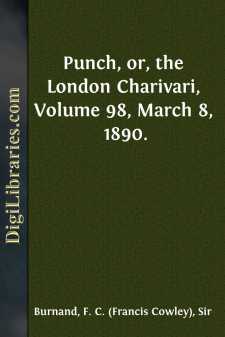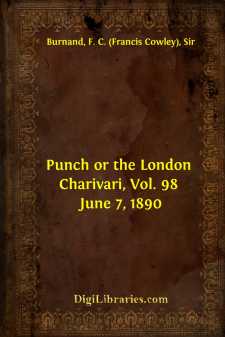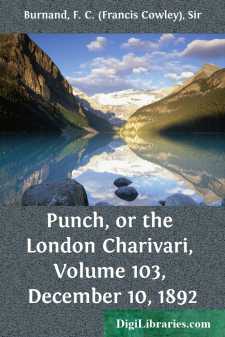Categories
- Antiques & Collectibles 13
- Architecture 36
- Art 48
- Bibles 22
- Biography & Autobiography 815
- Body, Mind & Spirit 144
- Business & Economics 28
- Children's Books 18
- Children's Fiction 14
- Computers 4
- Cooking 94
- Crafts & Hobbies 4
- Drama 346
- Education 58
- Family & Relationships 59
- Fiction 11834
- Games 19
- Gardening 17
- Health & Fitness 34
- History 1378
- House & Home 1
- Humor 147
- Juvenile Fiction 1873
- Juvenile Nonfiction 202
- Language Arts & Disciplines 89
- Law 16
- Literary Collections 686
- Literary Criticism 179
- Mathematics 13
- Medical 41
- Music 40
- Nature 179
- Non-Classifiable 1768
- Performing Arts 7
- Periodicals 1453
- Philosophy 65
- Photography 2
- Poetry 896
- Political Science 203
- Psychology 44
- Reference 154
- Religion 515
- Science 126
- Self-Help 85
- Social Science 82
- Sports & Recreation 34
- Study Aids 3
- Technology & Engineering 59
- Transportation 23
- Travel 463
- True Crime 29
Our website is made possible by displaying online advertisements to our visitors.
Please consider supporting us by disabling your ad blocker.
Punch, or the London Charivari, Volume 103, December 17, 1892
Categories:
Description:
Excerpt
MIXED NOTIONS.
No. 1.—BI-METALLISM.
Scene—A Railway-carriage in a suburban morning train to London. There are four Passengers, two of whom are well-informed men, while the third is an inquirer, and the fourth an average man. They travel up to London together every morning by the same train. The two Well-informed Men and the Average Man are City men; the Inquirer is a young Solicitor. They have just finished reading their morning papers, and are now ready to impart or receive knowledge.
Inquirer. They don't seem to be making much of this Monetary Conference in Brussels.
First Well-informed Man. Of course they're not. I knew how it would be from the start. I met Harcourt some time ago, and told him what I thought about it. "You mark my words," I said, "the whole blessed thing will be a failure. You haven't sent out the right men, and they're certain to waste their time in useless academic discussions." He seemed surprised, but he hadn't got a word to say.
Inquirer (deeply impressed). Ah!
First W. I. M. The thing's really as simple as A B C. Here are we, a country with a gold standard, and we find that gold has appreciated. What's the consequence? Why, silver goes down everyday, and commerce is dislocated,—absolutely dislocated. All we have to do is to——
Second W. I. M. (breaking in). One moment! When you say gold has appreciated, you mean, of course, that the purchasing power of gold has increased—in other words, commodities are cheaper. Isn't that so?
First W. I. M. Yes. Well, what then?
Second W. I. M. What's your remedy? Do you think you can make things better by fixing a ratio between gold and silver? In the first place, you can't do it; they've got nothing to do with one another.
First W. I. M. (triumphantly). Haven't they? What have you got to say, then, about the Indian rupee? That's where the whole of your beautiful system comes to grief. You can't deny that.
Second W. I. M. The Indian rupee has got nothing to do with it. My theory is, that it's all due to the American coinage of silver, and (vaguely), if we do the same as they, why, we shall only make things worse. No, no, my boy, you've got hold of the wrong end of the stick, there. Look at the Bland Bill. Do you want to have that kind of thing in England?
Inquirer. God forbid! By the way, what was the Bland Bill?
Second W. I. M. What! you don't know what the Bland Bill was? Don't you remember it? It provided that a certain amount of silver was to be coined every year, and the Treasury was to hold the surplus until it reached a certain value, and then,—but every schoolboy knows what happened.
Average Man. What did happen, as a matter of fact?
Second W. I. M. (scornfully). Why, the market was flooded.
First W. I. M. Yes, and that exactly proves my point. Make fifteen the ratio between gold and silver, and you'll never have the market flooded again.
Second W. I. M. (hotly). How do you make that out?
First W. I. M. It's as plain as a pikestaff. Make silver your legal tender for large amounts in this country, and you stop all these United States games at one blow....



